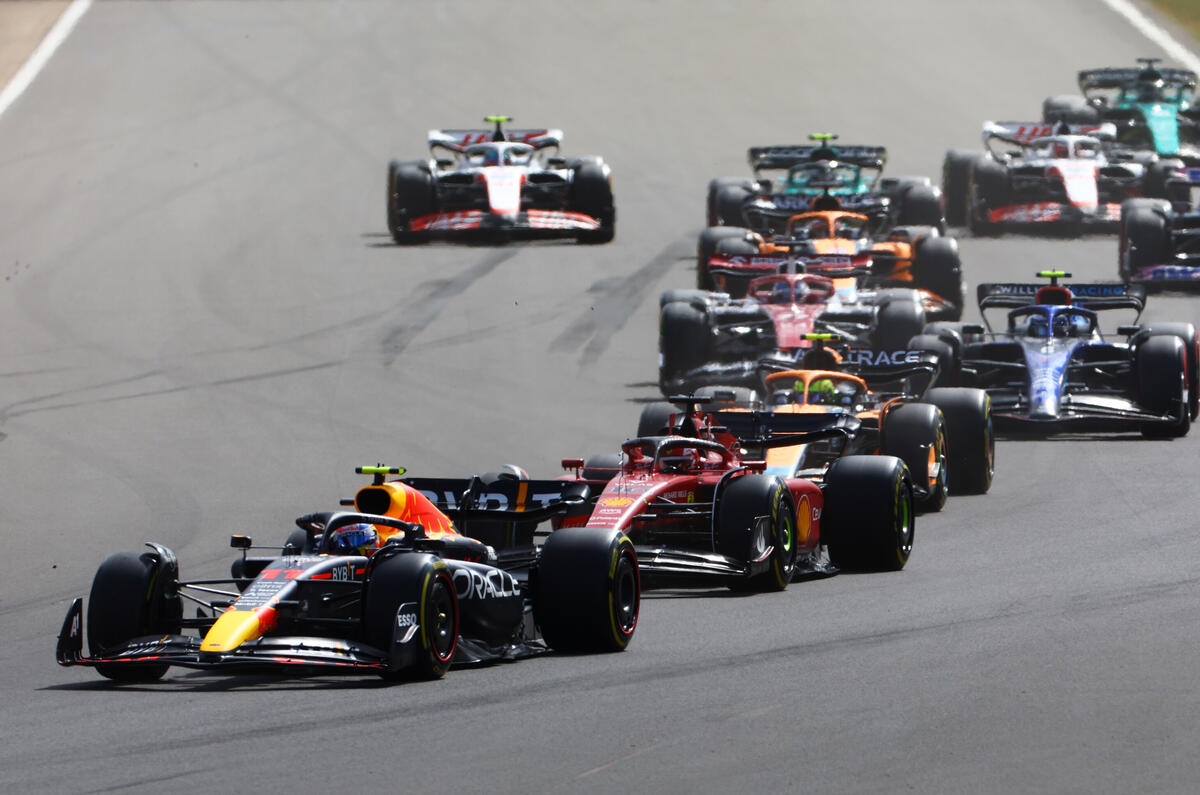The long-expected Formula 1 partnership between Red Bull and Porsche looks set to be confirmed.
Stories have emerged this week that the car maker will buy a 50% stake in Red Bull Technologies, the arm of the Austrian-owned, UK-based business that includes a new F1 engine factory that will be fully operational by the end of the year. Finally, Porsche’s anticipated return to grand prix racing will become a reality.
An announcement of the partnership has been delayed largely because F1’s new engine regulations, set to be introduced in 2026, haven't yet been signed off and made official. That is due to happen in August and will finally signal a green light for the Volkswagen Group to take a plunge that it has studiously avoided for decades.
But before the deal is confirmed and made official, how the partnership will work raises plenty of juicy, fundamental questions. The most prominent: how much control will Porsche have over the operation of the F1 team, currently soaring towards a second consecutive drivers’ world title with Max Verstappen and a first constructors’ crown for nearly 10 years? Red Bull has thrived as a proudly independent entity since its first entry into F1 as a constructor in 2005. That ‘indie’ status will end whenever this deal kicks in.
Red Bull has had manufacturer relationships before, most recently with Honda, which ended with the manufacturer’s withdrawal from F1 at the end of last season. That was a harmonious relationship, from which Red Bull negotiated to take over Honda’s F1 proven and eventually successful engine IP (intellectual property), which is why it has remained so seamlessly competitive this season. But its other big manufacturer relationship, with Renault, was fractured so badly – despite a string of four consecutive world titles together with Sebastian Vettel between 2010 and 2013 – that bridges were well and truly burned. Returning to Renault power was barely an option when Honda made its call to pull out.
Team principal Christian Horner, head engineer Adrian Newey and driver-management chief Helmut Marko are the architects of Red Bull’s success, under the patronage of brand owner Dietrich Mateschitz, and take a hard-headed, no-compromise approach to F1 – which is precisely what is required. F1 teams don’t work as democracies, as we’ve seen time and again. Big characters with power and a clear vision of how to win succeed in motorsport – and they don’t take kindly to sharing their responsibilities with car manufacturer executives.






Join the debate
Add your comment
Maybe Porsche will run the Redbull on Carbon free Petrol?